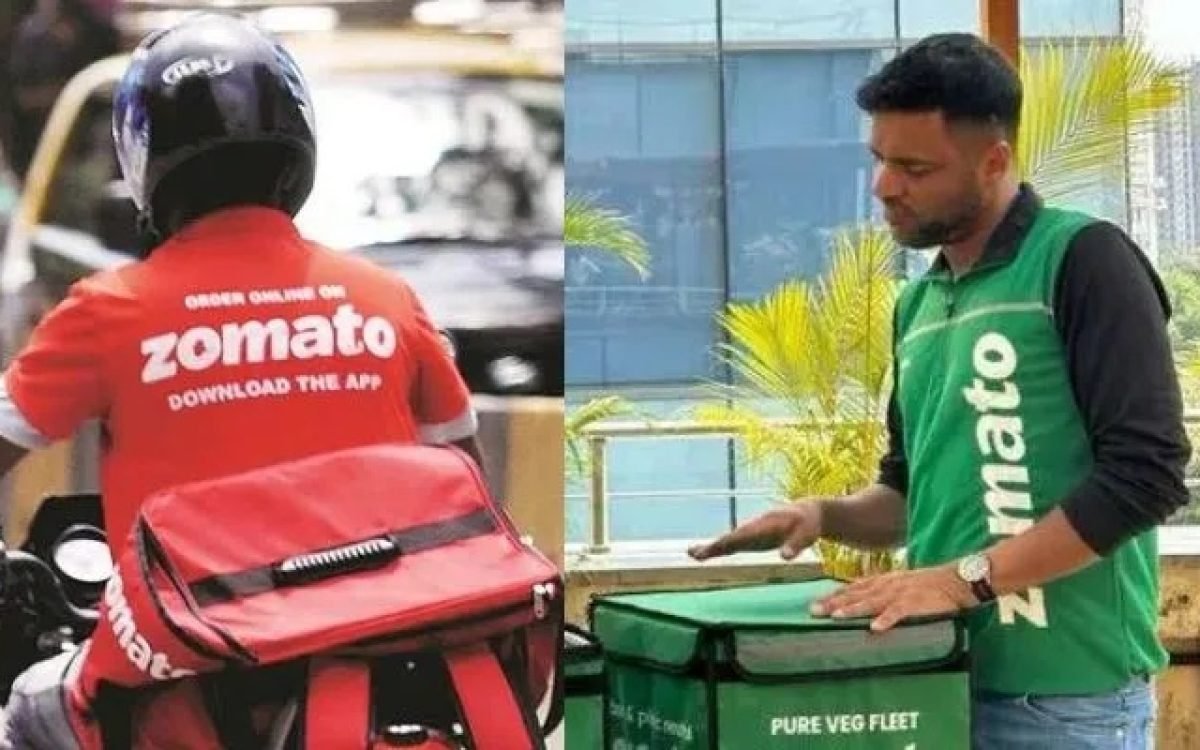Zomato, led by CEO Deepinder Goyal, recently encountered controversy following the announcement of its “Pure Veg Mode,” aimed at serving pure vegetarian customers. Despite Zomato’s reassurance that the service is inclusive and does not discriminate based on religious or political preferences, the initiative sparked an online backlash from various quarters.
The decision to introduce Pure Veg Mode drew criticism from some quarters, with accusations linking it to Brahminism and casteism, and alleging that it perpetuated notions of “untouchability.” These unfounded claims led to a heated debate, with critics suggesting that the initiative could lead to neighborhood policing and exacerbate social divisions.
Further complicating matters, a fake advertisement attributed to Zomato’s competitor, Swiggy, surfaced online, mocking Zomato’s initiative. The satirical ad, titled “Eviction Safe Food Delivery,” ridiculed Zomato for its decision, insinuating potential discrimination against non-vegetarian delivery partners.
Despite Zomato’s clarification that all delivery partners, irrespective of dietary preferences, would continue to wear the trademark red-colored t-shirts, the controversy persisted. While the Pure Veg Mode aimed to address concerns about food mix-ups and enhance the experience for vegetarian customers, Zomato’s decision to backtrack on the color of the delivery fleet underscores the challenges of managing online backlash and dispelling misconceptions.
Moreover, Zomato’s history of facing criticism for mixing up non-veg items in food orders highlights the importance of addressing customer concerns and maintaining high service standards. Despite the company’s efforts to improve customer experience through innovative initiatives like Pure Veg Mode, it faced resistance from critics and ultimately revised its approach.
In conclusion, Deepinder Goyal’s Zomato’s experience with Pure Veg Mode serves as a reminder of the complexities of navigating online discourse and meeting customer expectations in a diverse and polarized society. While the initiative aimed to cater to specific dietary preferences and enhance service quality, the backlash it generated underscores the importance of careful consideration and effective communication in implementing such initiatives in the future.









